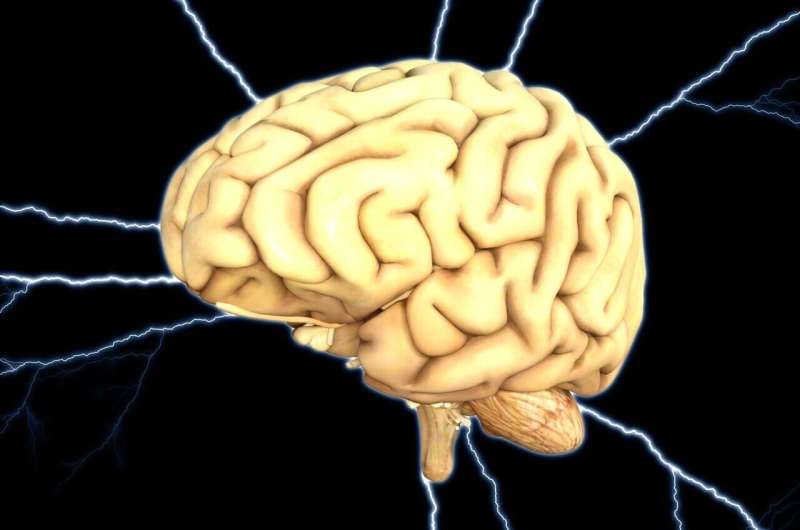Credit: Pixabay/Pete Linforth.
The various neurological symptoms that patients with COVID-19 have experienced suggest that viral infections may increase the risk of neurodegeneration, which could in turn contribute to the development of conditions such as Alzheimer's disease (AD). A review in the Journal of Neurochemistry highlights the potential mechanistic links between COVID-19 and AD.
The authors note that age is the largest contributing factor to AD and COVID-19, and both appear to enhance the effects of the other, with potentially synergistic effects on neurodegeneration.
"I believe over the next several years, emerging evidence will further support a link between microbial infection and neurodegenerative diseases," said corresponding author Thomas E. Lane, Ph.D., of the University of California, Irvine. "With regards to AD, our laboratory is now infecting different strains of transgenic AD mice with both murine (mouse) coronaviruses as well as murine-adapted SARS-CoV-2 to assess influences on AD neuropathology. We're excited to see how coronavirus infection affects disease severity."
More information: COVID-19 and the impact on Alzheimer's disease pathology, Journal of Neurochemistry (2023). DOI: 10.1111/jnc.15985, onlinelibrary.wiley.com/doi/10.1111/jnc.15985
Journal information: Journal of Neurochemistry
Provided by Wiley
























